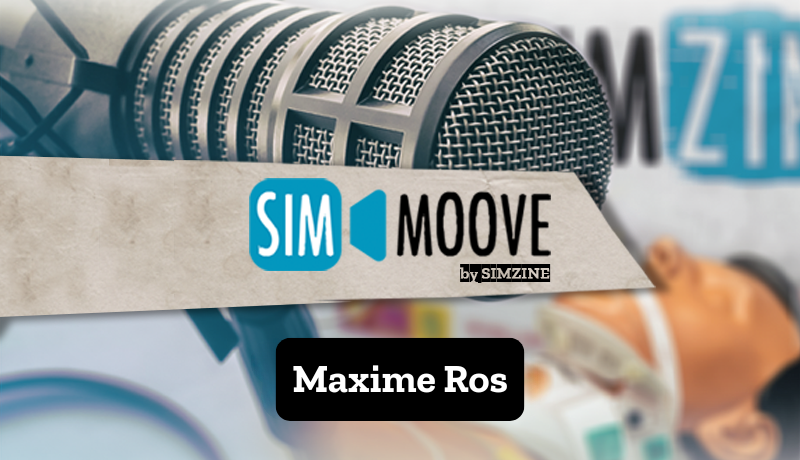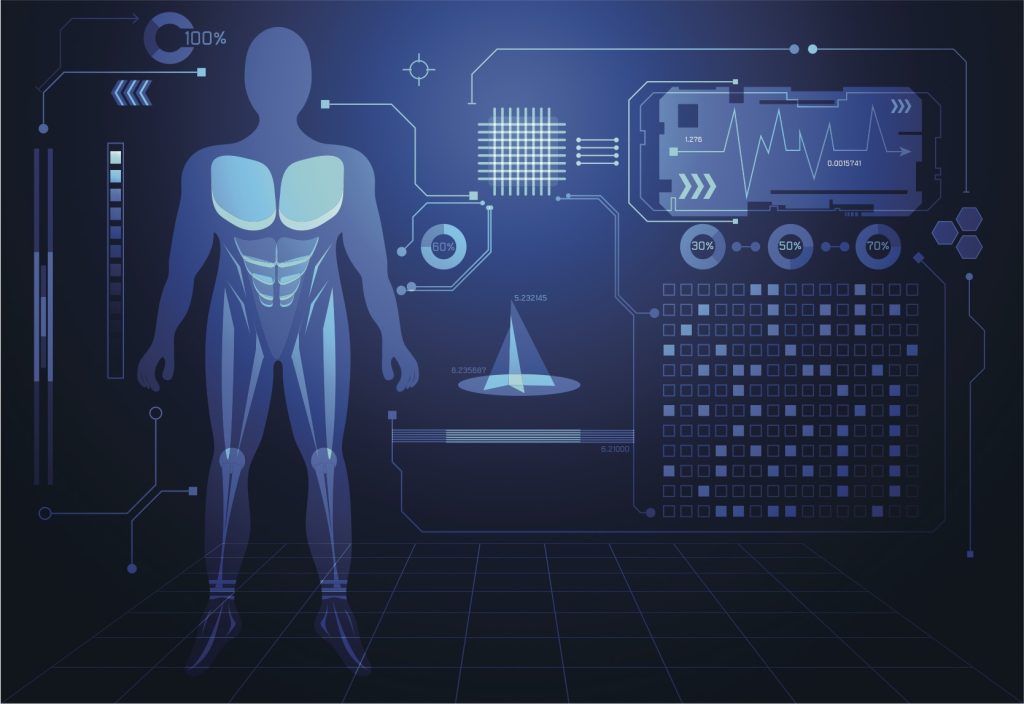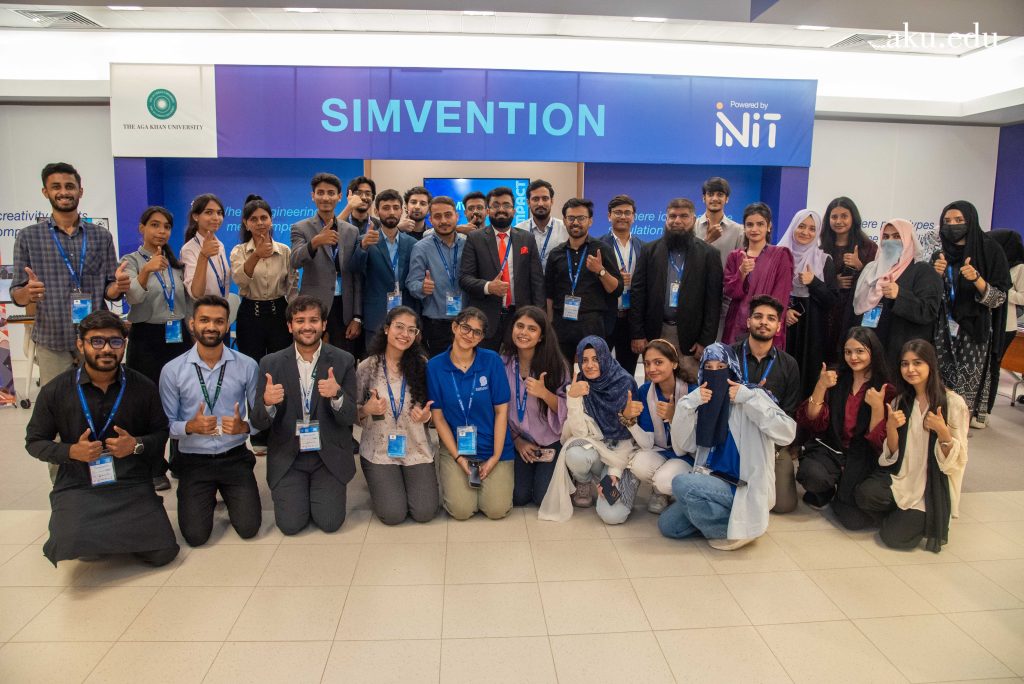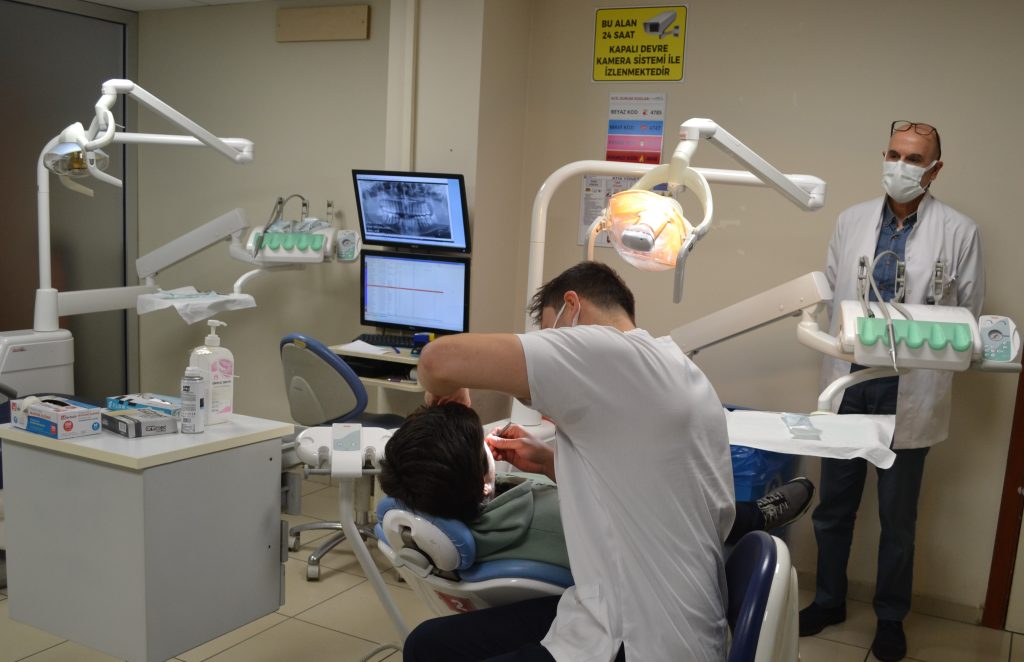This study presents a novel framework for healthcare simulation faculty development, focusing on equity, diversity, and inclusion (EDI). The framework supports simulation educators in fostering reflective practices and collaborative learning, aligning with professional standards to improve equity, diversity and inclusivity in simulation training.
In healthcare simulation, every training session is more than a drill; it’s a compressed cultural moment where the ideologies and values of the healthcare field are intensely expressed and sometimes even reinforced. (1) As equity, diversity, and inclusion (EDI) take center stage across healthcare, they are increasingly recognized within simulation as well, emerging in ways that go beyond scripted scenarios or faculty readiness. But despite the growing emphasis on EDI in professional codes of conduct and educational standards, simulation educators lack practical guidance on how to meaningfully integrate these principles into their work.
Recognizing this gap, our team set out to develop a framework for embedding EDI into simulation faculty development , equipping educators with the tools to better understand and address these issues.
The study
Our study was conducted in NHS Lothian, a National Health Service (NHS) Board in the Southeast of Scotland where our simulation team provides a variety of simulation programmes for a range of healthcare professionals. For this study, we engaged ten simulation faculty members responsible for our core simulation program for early postgraduate doctors. Over a five-month period, these faculty members considered EDI themes within our existing simulation program, supported by the SIM-EDI tool, a structured framework promoting reflection on EDI in the design, delivery, and debriefing of simulation. (2) The SIM-EDI tool allowed our participants to navigate the often complex issues around EDI, supporting critical, reflexive conversations and familiarizing educators with key EDI concepts and terminology. We conducted in-depth interviews with each participant on two occasions, three months apart, to explore their evolving experiences and their developmental needs related to EDI.
Developmental Framework for Simulation Educators in EDI
Using a template analysis technique to analyse the rich interview data we constructed a new Developmental Framework for Simulation Educators in Equity, Diversity and Inclusion (Table 1). We propose that the developmental areas outlined highlight areas in which simulation faculty should focus faculty development efforts in order to better incorporate EDI into simulation programmes. Themes of team reflection and collaboration arose inductively from our interview data and we feel these rightly highlight the collective approach required to address EDI within simulation. Our Framework, by design, is considered to be relevant for simulation faculty at any stage of their career, including novice simulation educators.
What next?
Progress in EDI requires self-awareness, openness and reflection. Building confidence in this area is a lifelong journey. The development of guidance on how simulation educators may address the developmental areas presented in our Framework, outlining resources and educational activities of relevance to each area, will be an important step forward. Exploring the relevance and applicability of the Framework in other contexts is also important. We enthusiastically encourage simulation teams to use our Framework to guide faculty development in EDI and report on their experiences.
If you want to learn more about our work and how we developed the Framework you can read the full research article in Advances in Simulation.

References
- Purdy E, Alexander C, Caughley M, Bassett S, Brazil V. Identifying and transmitting the culture of emergency medicine through simulation. AEM Education and Training. 2019 Apr;3(2):118-28.
- Purdy E, Symon B, Marks RE, Speirs C, Brazil V. Exploring equity, diversity, and inclusion in a simulation program using the SIM-EDI tool: the impact of a reflexive tool for simulation educators. Advances in Simulation. 2023 Mar 31;8(1):11.
- Hordijk R, Hendrickx K, Lanting K, MacFarlane A, Muntinga M, Suurmond J. Defining a framework for medical teachers’ competencies to teach ethnic and cultural diversity: Results of a European Delphi study. Medical teacher. 2019 Jan 2;41(1):68-74.
READ ALSO













































